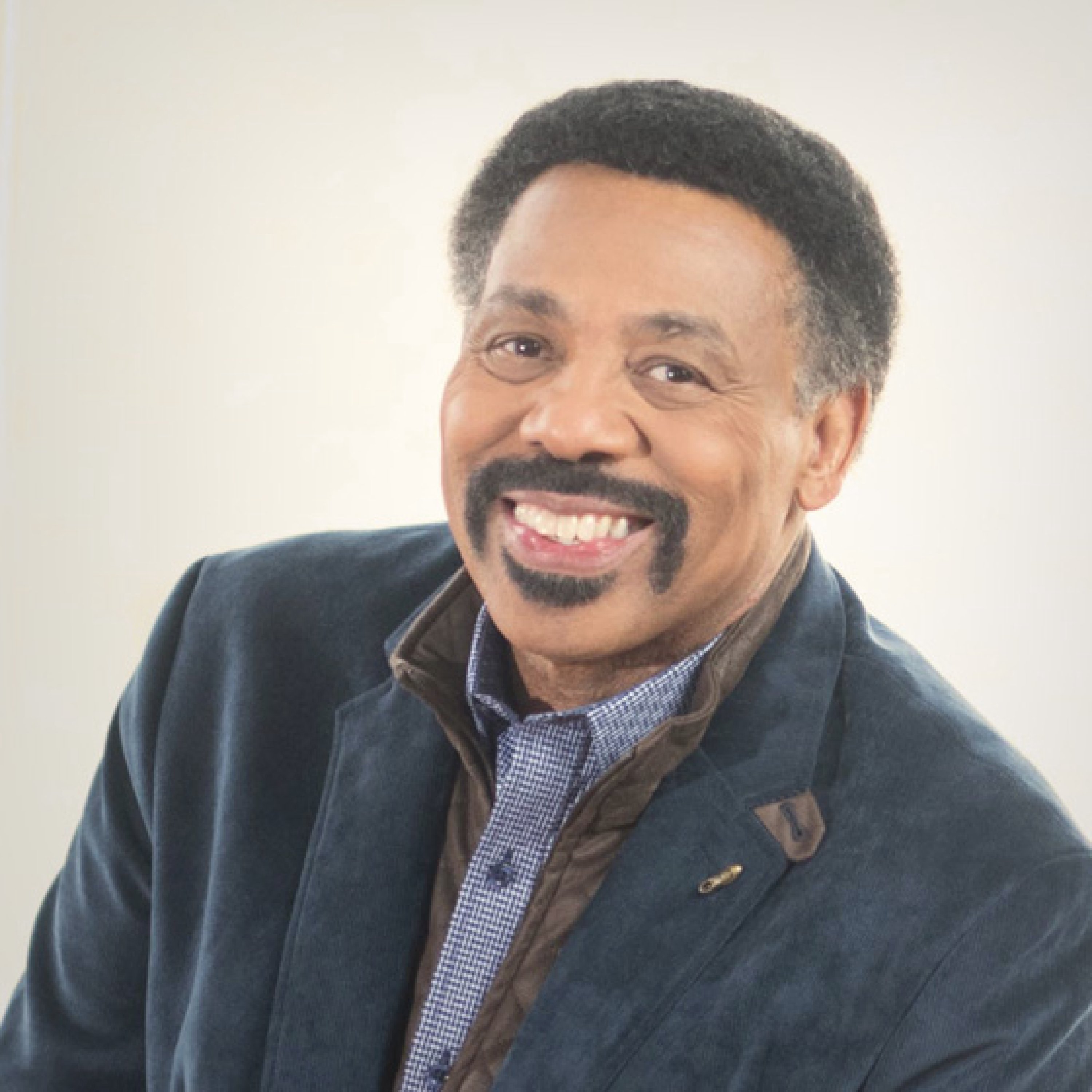
The Word of the Week
This is a Weekly podcast, inspired by THE WORD of GOD. This 5-minute podcast, will acquaint you with the WORD of GOD by focusing your bible study on how everyday words are used in scripture.
The personal thoughts I share are based on my spiritual journey and life lessons. Subscribe to become a member of the "Word of the Week-Newton" Group which will make you eligible to receive the Word of the Week by email each week, and give you access to our study journal and other subscriber benefits.
Please feel free to email me personally at candonewton@gmail.com
God Bless You!!
ORINE OUT!
The Word of the Week
WORD OF THE WEEK - KEEPER - 3-23-25
Definition: KEEPER - a person in charge of animals, a museum, other people, or objects; a device for keeping something in place.
Psalm 121:4-6 - “Behold, the Protector of Israel will neither slumber nor sleep. The LORD is your keeper; the LORD is the shade on your right hand. The sun will not strike you by day, nor the moon by night.”
Matthew 9:36 - “But when he saw all the people he was moved with pity for them, because they were troubled and wandering like sheep without a keeper.”
Matthew 9:37 “The harvest is plentiful, but the laborers are few.”
Website: www.wow-newton.com
Website: www.wow-newton.com
Email: osnewton@wow-newton.com
Definition: KEEPER - a person in charge of animals, a museum, other people, or objects; a device for keeping something in place.
Psalm 121:4-6 - “Behold, the Protector of Israel will neither slumber nor sleep. The LORD is your keeper; the LORD is the shade on your right hand. The sun will not strike you by day, nor the moon by night.”
Matthew 9:36 - “But when he saw all the people he was moved with pity for them, because they were troubled and wandering like sheep without a keeper.”
Matthew 9:37 “The harvest is plentiful, but the laborers are few.”
THOUGHT
If you would rather listen to the transcript rather than read it please click here and hit PLAY!
The concept of a "keeper" in the Bible encompasses a broad range of responsibilities, from physical protection to spiritual oversight. The first mention of the word "keep" appears in Genesis 2:15, where it says, “The LORD God took the man and put him in the Garden of Eden to work it and keep it.”
The term "keeper" is mentioned again in Genesis 4:2, when Abel is described as a keeper of sheep, while Cain is identified as a tiller of the ground.
Being a "keeper" tends to involve preservation and relational care, while being a "tiller" focuses on labor, creation, and transformation. This distinction can help explain why Cain was distraught when God valued Abel’s gift more than his own. Cain may have perceived that Abel’s role was simply to “watch over and care for the sheep,” while he, Cain, labored physically, working the land by the sweat of his brow. This perception may have led Cain to believe that Abel's role was less demanding, and thus his offering less deserving of God's favor.
This dynamic mirrors a modern distinction between an “office worker” and a “laborer.” Physical labor is often seen as more demanding or valuable due to the visible exertion involved, while tasks requiring intellectual or relational effort may be undervalued.
The responsibilities of a “keeper” differ significantly from those of a skilled laborer. A keeper must meet the needs of the person, place, or thing (their charge) left in their care. Their duties revolve around care, protection, and stewardship.
The priorities of a keeper are dictated by the needs of their charge, often requiring the keeper to place their personal desires or needs secondary to the needs of their responsibilities. A keeper ensures an environment where their charge can exist, grow, or be maintained successfully. They manage not only the charge itself but also the external factors that influence or nourish it. A successful keeper ties their own success to the well-being of their charge.
In contrast, a “laborer” is typically more autonomous. Their success or failure is directly tied to the completion of their task, relying on personal strength, endurance, and expertise. A laborer’s work is self-contained, and their achievements depend solely on their ability to fulfill or complete their specific role or task.
Cain’s time spent working in the fields, focused on crop production without the responsibility of caring for something beyond himself. This may have contributed to his callous response to God “Am I my brother’s keeper?” when asked about Abel. Until that point, Cain had not considered the broader responsibility of caring for others.
Are you a “keeper” or a “laborer”?
As children of God, we are called to be both “keepers” and “laborers.” We are called to show love and compassion to one another, bear each other’s burdens, and love our neighbors as ourselves. The world needs the love and empathy of a keeper as much as it needs the skill and dedication of a laborer who works with knowledge and experience rooted in the Word of God.
As Matthew 9:37 reminds us, “The harvest is plentiful, but the laborers are few.”Let us strive to be steadfast, immovable, always abounding in the work of the Lord, knowing that our labor is not in vain (1 Corinthians 15:58).
We are our brothers' keepers. Now, let us go to work!

